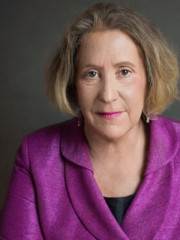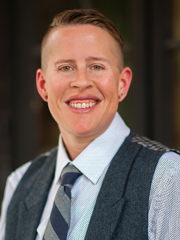Experts Available: LGBTQ SCOTUS Cases
On October 8th, the Supreme Court will hear three landmark LGBTQ workplace-discrimination cases, deciding whether the Civil Rights Act of 1964 guarantees workplace protections to LGBTQ employees. If you're looking for experts for your coverage of the cases and their potential ramifications for LGBTQ Americans, these scholars are available for comment:

"Legal protections banning discrimination in employment and other sectors is an important step towards LGBTQ health equity. Numerous public health studies have shown that LGBTQ people in states with comprehensive rights and protections are more likely to report better mental and physical health compared to LGBTQ people without these protections."

"These court decisions are vital for the establishment of basic civil rights to LGBTQ people. But they are even more significant, because the court will be weighing in on the evolving definitions of the meaning of 'sex' and 'gender' which affects all Americans, not just those in the LGBTQ community."

"This is a watershed moment for LGBTQ+ employees. These three cases come from a funeral director, sky diving instructor, and child welfare services coordinator, but the Supreme Court’s decision will apply to workplaces across the country. Over 100 mayors and municipalities have filed briefs in support of Title VII of the Civil Rights Act protecting LGBTQ+ employees from discrimination. The big question is whether the now conservative-leaning Court agrees.”

"The onus is on the Supreme Court to side with justice, and research should compel them to do this. Public opinion research shows that Americans overwhelmingly support the rights of gays and lesbians. Guaranteeing LGBT individuals a life free of job discrimination is the next logical step following Obergefell v. Hodges."

"Our understandings of sex, gender, and sexuality are far more complex today than they were when the Civil Rights Act was enacted in 1964. Today, we recognize that discrimination against LGBTQ+ people is fundamentally tied to expectations about the relationship between sex, gender, and sexual orientation and specifically, how LGBTQ+ people violate those social norms."
